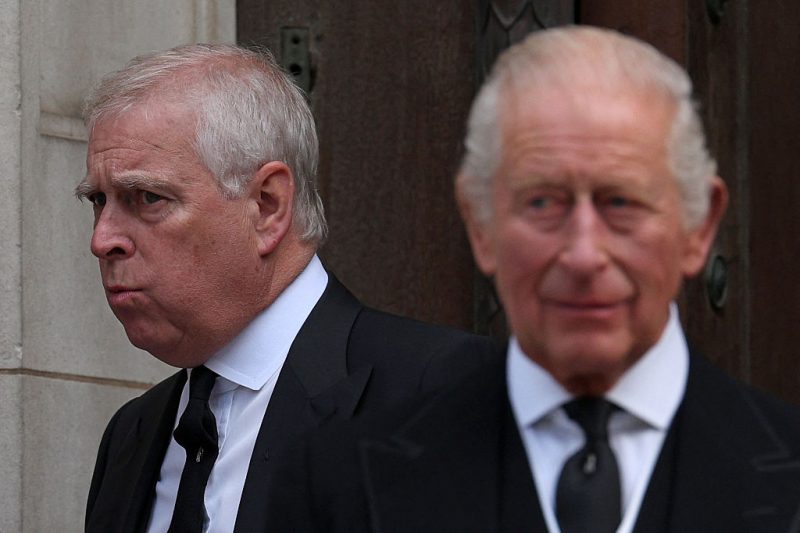
100percentfedup.com
State Democrat Lawmakers Advance Congressional Redistricting Plan
Virginia Democrats moved forward with a plan to allow the state’s Democrat-controlled legislature to redraw congressional districts ahead of the 2026 midterm elections.
The Virginia House of Delegates advanced a constitutional amendment that would allow the General Assembly to redraw the state’s congressional map if another state modifies its own congressional districts for political reasons.
The proposed constitutional amendment must ultimately be approved by voters before becoming law.
New: the redistricting legislation passed the Virginia House of Delegates.
— Nick Minock (@NickMinock) October 29, 2025
The Hill provided further details:
Democrats advanced the constitutional amendment in a 51-42 vote after it passed out of committee earlier in the day. The amendment would allow the Old Dominion to redraw its House map if another state redraws its lines for a reason that isn’t part of the mandated redistricting process, which happens after every 10-year U.S. Census or in response to litigation over its present map.
The constitutional amendment, if passed, would offer a limited timeline for lawmakers to be able to do midcycle redistricting: They would only be allowed to change their congressional lines until Oct. 31, 2030.
The constitutional amendment was quickly taken up in the state Senate, where the Virginia Senate Privileges and Election Committee passed it in an 8-6 vote. It now goes before the full state Senate for consideration, where it is expected to pass. Democrats hold majorities in both chambers.
Top GOP leadership in the Virginia state Legislature filed a lawsuit Monday, arguing the Virginia House of Delegates does not have constitutional authority over redistricting and taking issue with how the state Legislature convened over the issue.
“If you want to amend the constitution, there is a proper procedure and a way to do it. This is not the proper procedure to do it, just days before an election,” Virginia Attorney General Jason Miyares said.
“In our view, no, it’s not legal. But I imagine that this is going to be litigated in the courts. But in our view, there is a proper way to amend the constitution,” he continued.
Check it out:
Today, Virginia Attorney General Jason Miyares said Democrats cannot legally redistrict the Commonwealth’s 11 U.S. House seats in time for the 2026 midterm elections.
Story: https://t.co/2QLva2a5iP pic.twitter.com/MwjhzoaVmT
— Nick Minock (@NickMinock) October 29, 2025
Virginia’s congressional delegation currently consists of six Democrats and five Republicans in the House of Representatives.
Some believe Democrat state lawmakers could redraw the congressional map to flip three seats from red to blue, creating a 9-2 advantage.
Democrat State Lawmakers To Launch Latest Congressional Redistricting Battleground
Virginia Mercury has more:
Democrats say the measure preserves Virginia’s 2020 independent redistricting commission while giving the General Assembly a narrow option to respond if GOP-controlled states redraw their maps mid-decade and alter national representation.
Del. Rodney Willett, D-Henrico, who is sponsoring the amendment, said the goal is to ensure that Virginians aren’t left disadvantaged by partisan remapping elsewhere in the country.
Speaking to reporters Monday evening — nearly 24 hours before the fleshed out proposal was released — Willett said Democrats were responding to a growing national pattern of Republican-led legislatures redrawing maps mid-decade.
“I think we were absolutely empowered to be here,” Willett said. “This is an attack on democracy, and our hand’s been forced here. This is not our choice to be here, but with this kind of attack, we’ve got to respond.”
He emphasized that the proposal does not dismantle the state’s independent redistricting system.
“We are still going to have a commission,” he said. “This is going to give us options, and an option that could or could not be exercised — that question’s actually going to be left to the voters to vote in a referendum as to whether we’ll have redistricting or not.”
Willett said the amendment would maintain the decennial redistricting schedule spelled out in the state Constitution, while giving future lawmakers flexibility to revisit congressional boundaries.
“There’s a decennial process for that, so we will absolutely stick to that,” he said. “This is to create, again, not a mandate, but an option, in the interim, in between those decennial redistrictings to do something when there’s an extraordinary circumstance.”











